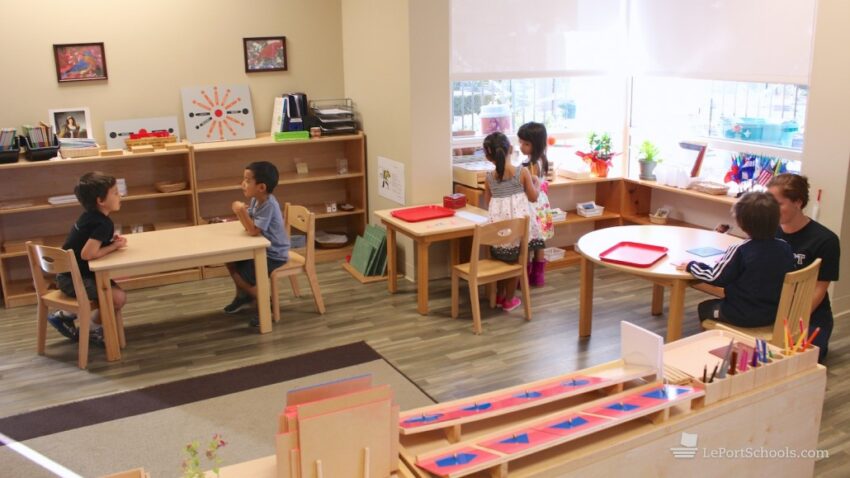Montessori Teacher Spotlight: How These Educators Foster Independence and Confidence
The Montessori education system has gained significant attention in recent years due to its unique approach to teaching and learning. Central to this approach are the Montessori teachers who play a vital role in fostering independence and confidence in their students. In this article, we will explore how these educators bring out the best in their students and create an environment that nurtures independence and self-assurance.
The Montessori Philosophy
The Montessori philosophy believes that children have an innate desire to learn and acquire knowledge. Montessori teachers understand this and create an environment that allows students to explore and discover at their own pace. They do not impose rigid schedules or curricula but instead encourage individualized learning experiences.
Montessori Teachers as Guides
Unlike traditional educators who often take a more authoritative role, Montessori teachers act as guides, supporting and facilitating the learning process rather than directly instructing. They observe the students’ interests and provide appropriate materials and activities to further their exploration. This approach fosters independence as students learn to take ownership of their learning journey.
Focus on Practical Life Skills
Montessori education recognizes the importance of practical life skills in a child’s development. Teachers incorporate activities such as washing dishes, gardening, and food preparation into the curriculum. These tasks not only contribute to a child’s independence but also enhance their confidence as they master skills that are valuable in their everyday lives.
Cultivating a Prepared Environment
Montessori teachers understand the significance of a well-organized and prepared classroom environment. They carefully arrange materials and resources to promote independent learning. Everything in the classroom has a place, and students are encouraged to clean up after themselves. This sense of order and responsibility helps children develop confidence in their abilities to organize and take care of their surroundings.
Choice and Freedom within Limits
Montessori teachers provide students with the freedom to choose their own activities and materials within structured limits. By offering a wide range of options, students can follow their interests and work on tasks that capture their attention. This freedom of choice allows them to develop a sense of autonomy and ownership over their learning, boosting their confidence as they succeed in tasks they have chosen.
Encouraging Collaboration and Peer Learning
While independence is a key aspect of Montessori education, teachers also recognize the value of collaboration and peer learning. They create opportunities for students to work together, sharing their knowledge and skills. This not only fosters social development but also enhances confidence as students learn from and teach their peers.
Individualized Assessments and Feedback
In a Montessori classroom, assessments are conducted through direct observation and individualized feedback. Instead of traditional testing methods, teachers observe students’ progress and provide targeted guidance and support. This personalized approach helps students build confidence and improves their overall understanding of their strengths and areas for improvement.
Conclusion
Montessori teachers play a crucial role in fostering independence and confidence in their students. Their approach, guided by the Montessori philosophy, creates an environment that allows students to explore, make choices, and learn at their own pace. By focusing on practical life skills, cultivating a prepared environment, and encouraging collaboration, these educators empower children and provide them with the tools they need to become independent and self-assured learners.
Nidhin
For More Details Call: +917510220582

